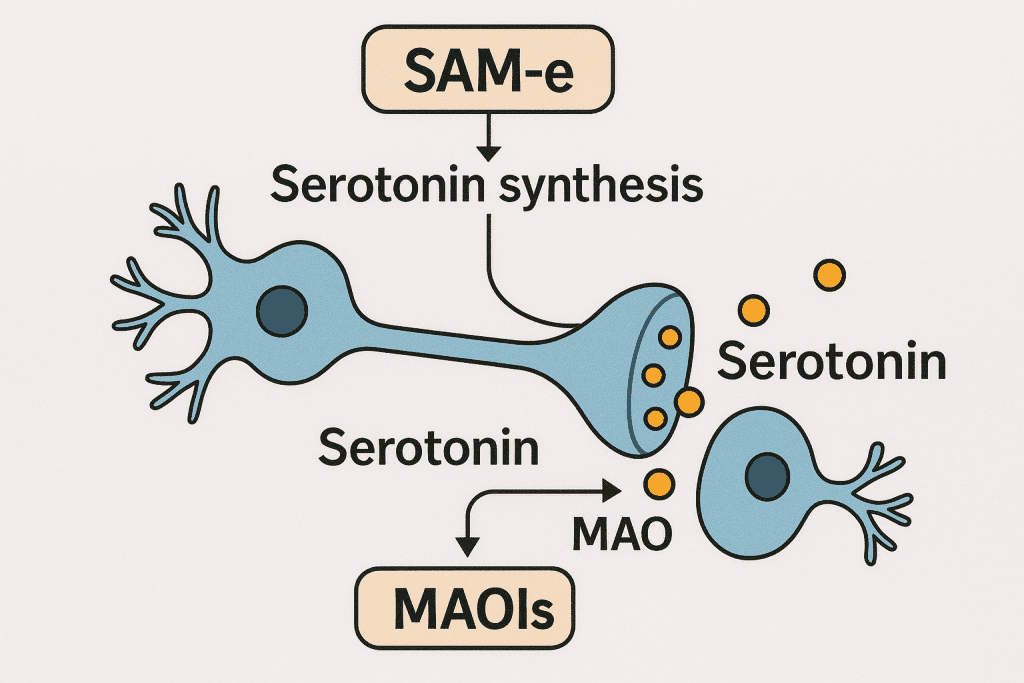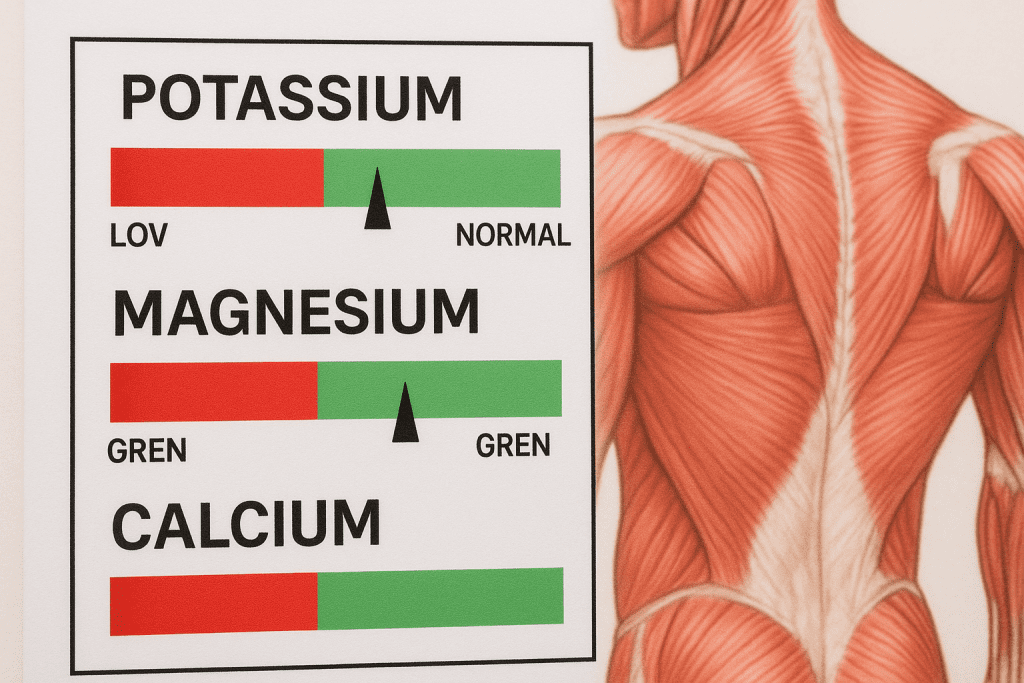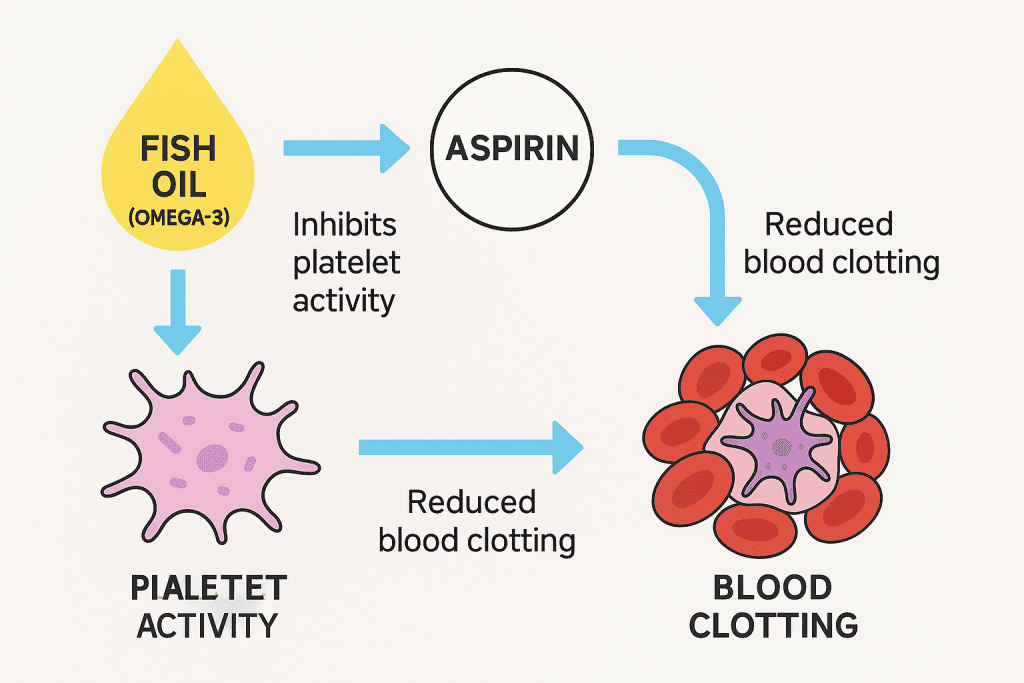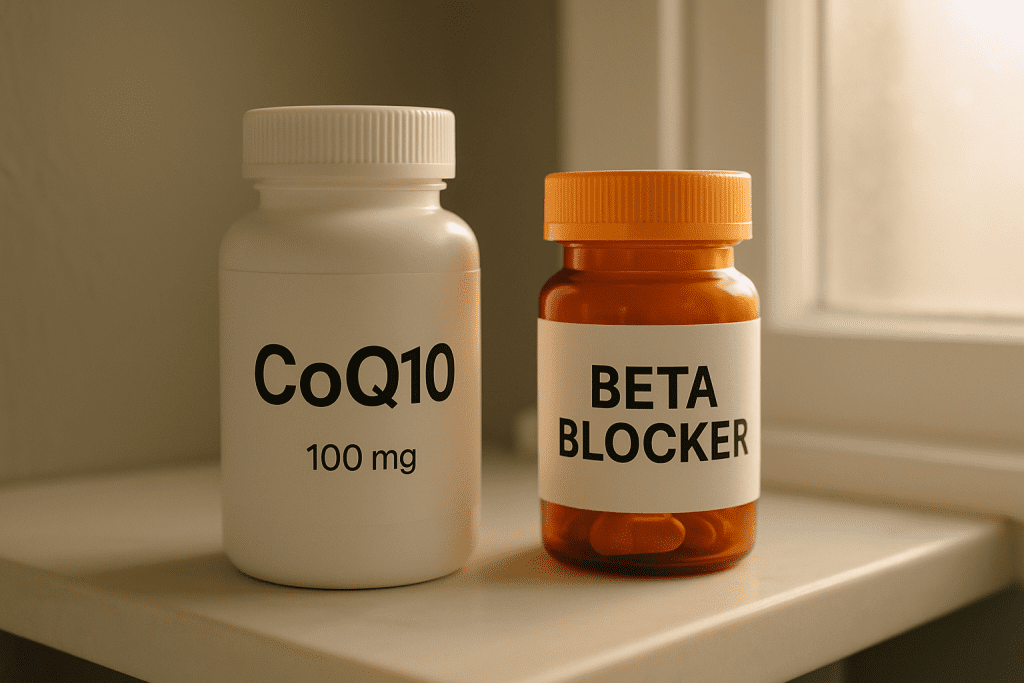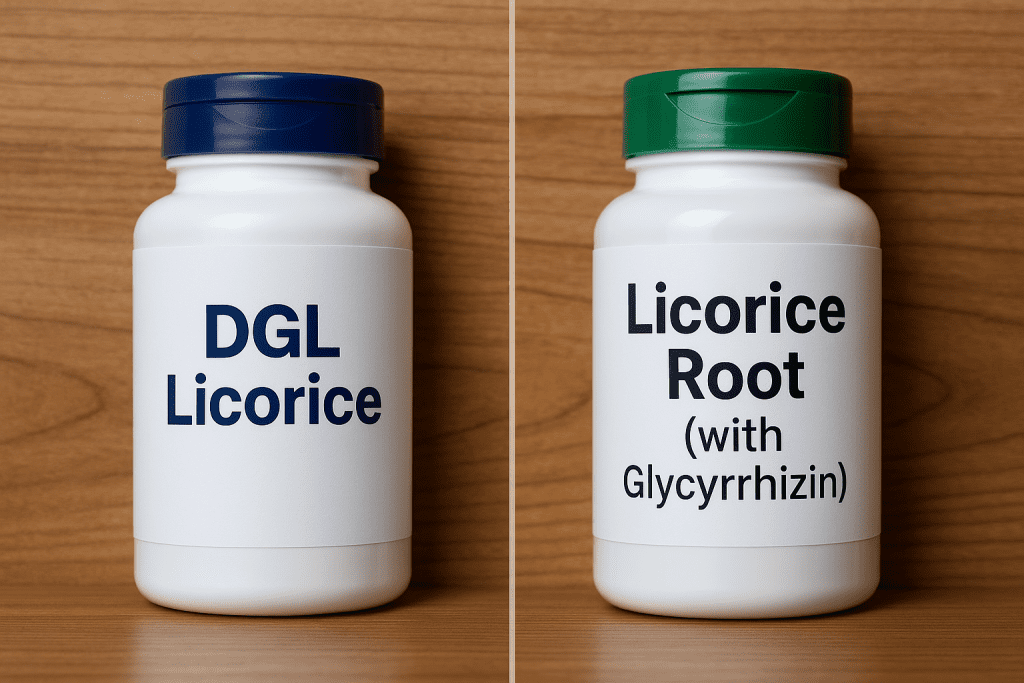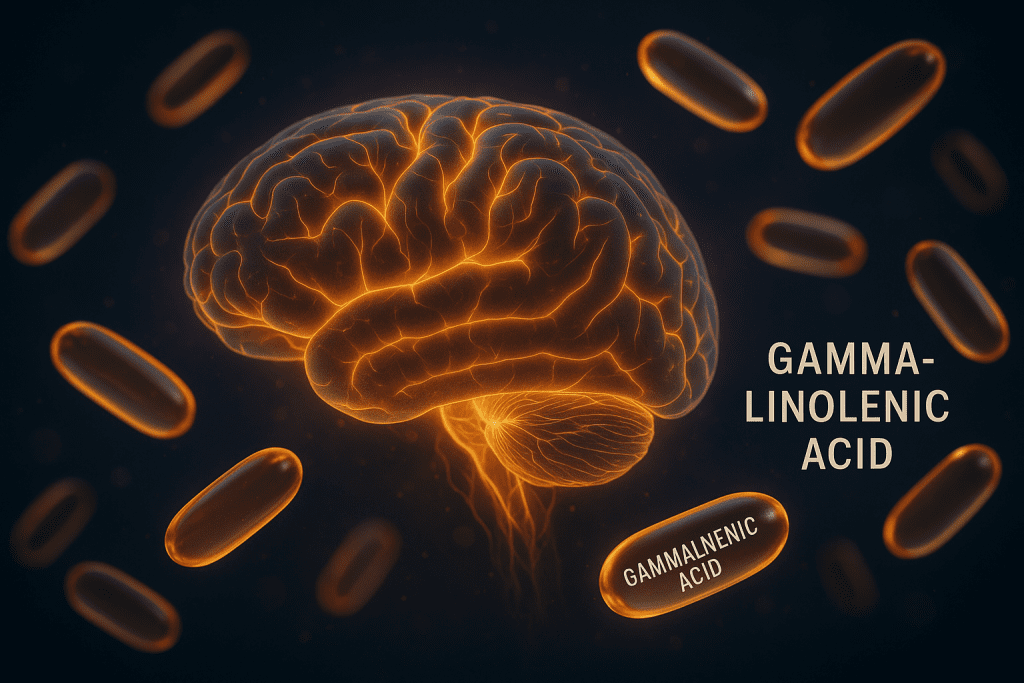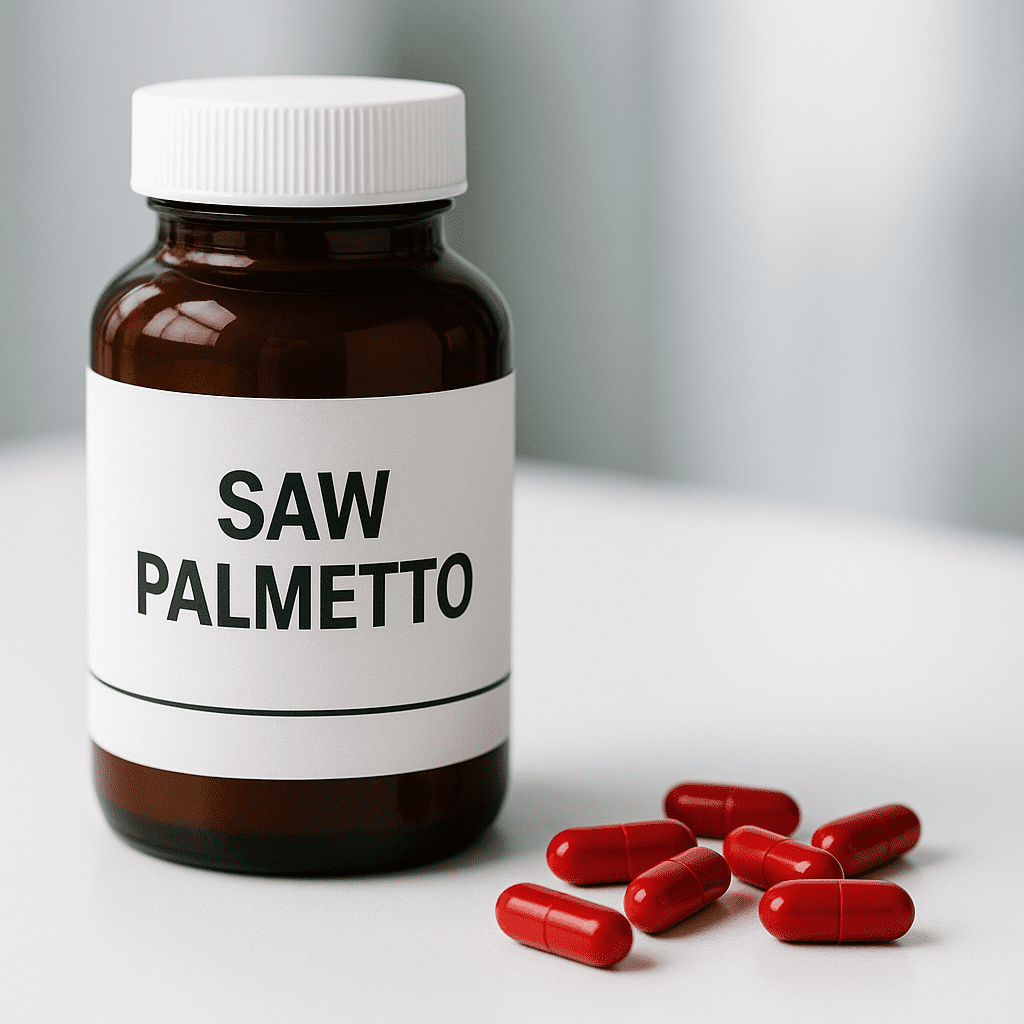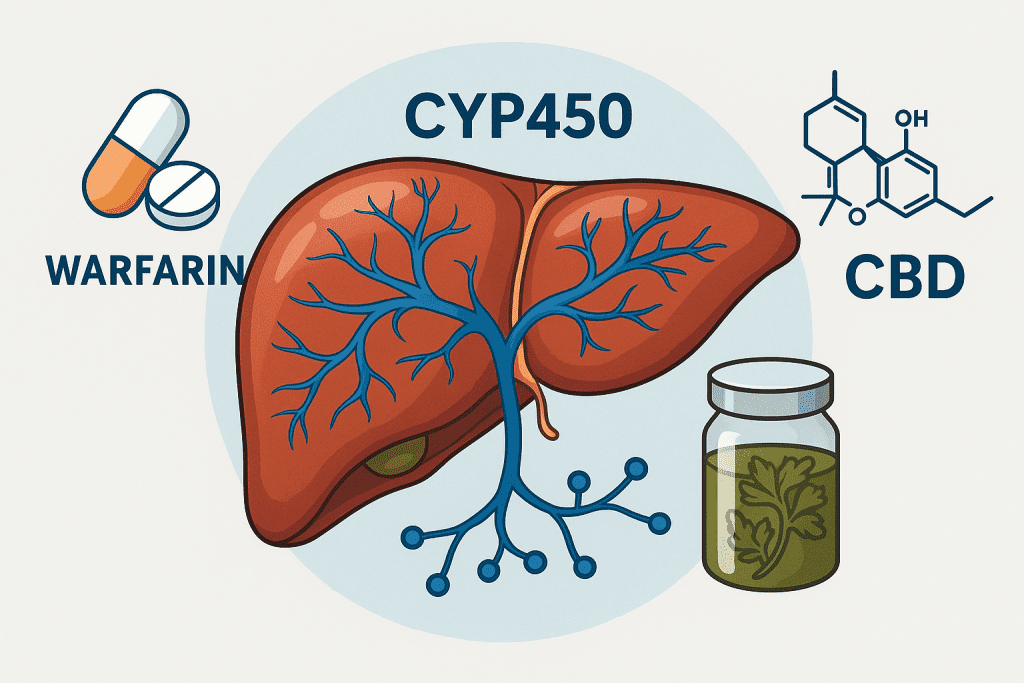SAM-e MAOI Anxiety Risks [Expert Guide]
Combining SAM-e with MAOIs can significantly alter brain chemistry – and not always for the better. While both are used in managing depression, this combination may raise the risk of anxiety, serotonin syndrome, and other severe side effects. This article breaks down how SAM-e works, why it can conflict with MAOIs, the specific anxiety-related risks, […]
SAM-e MAOI Anxiety Risks [Expert Guide] Read More »
